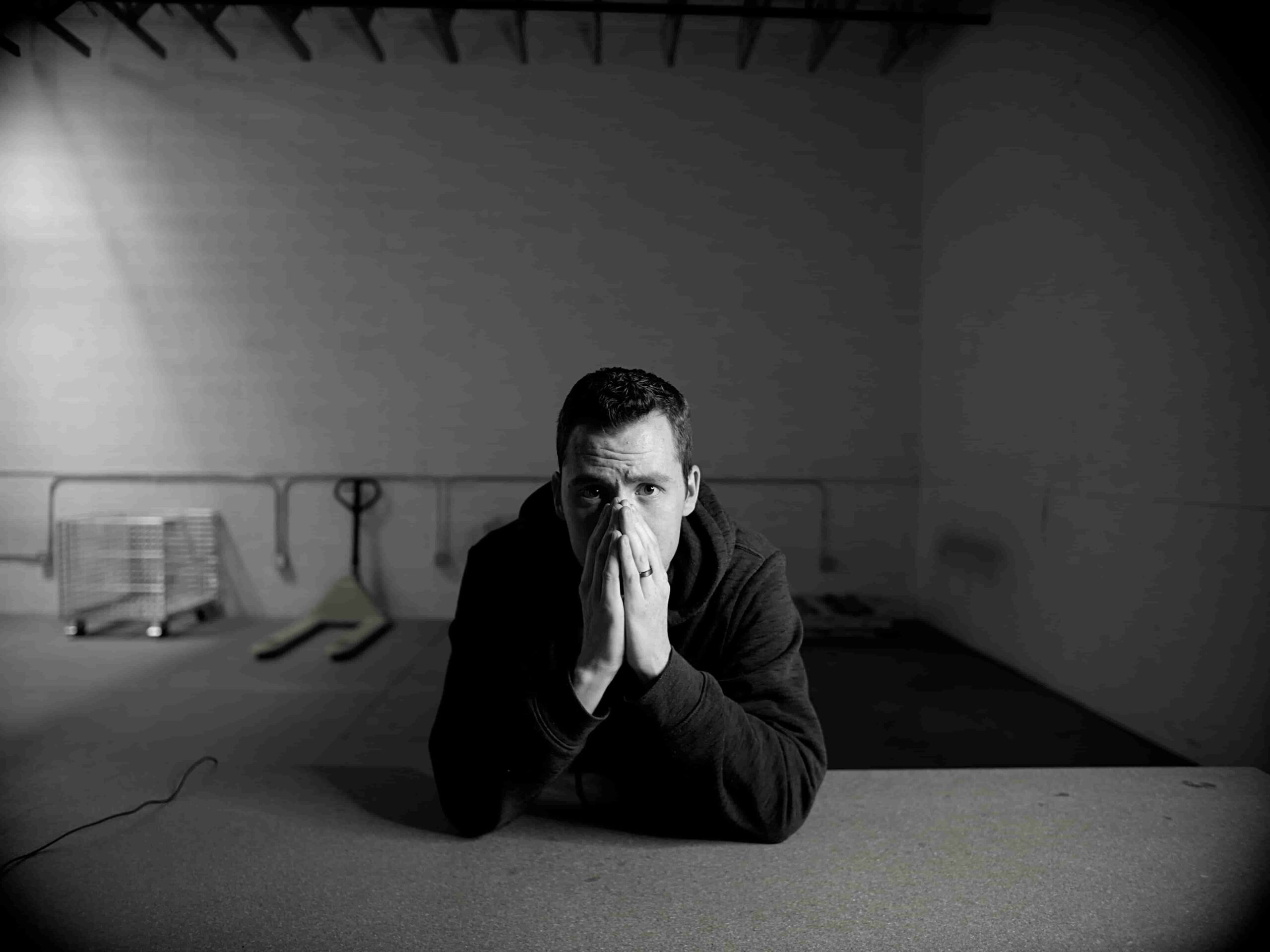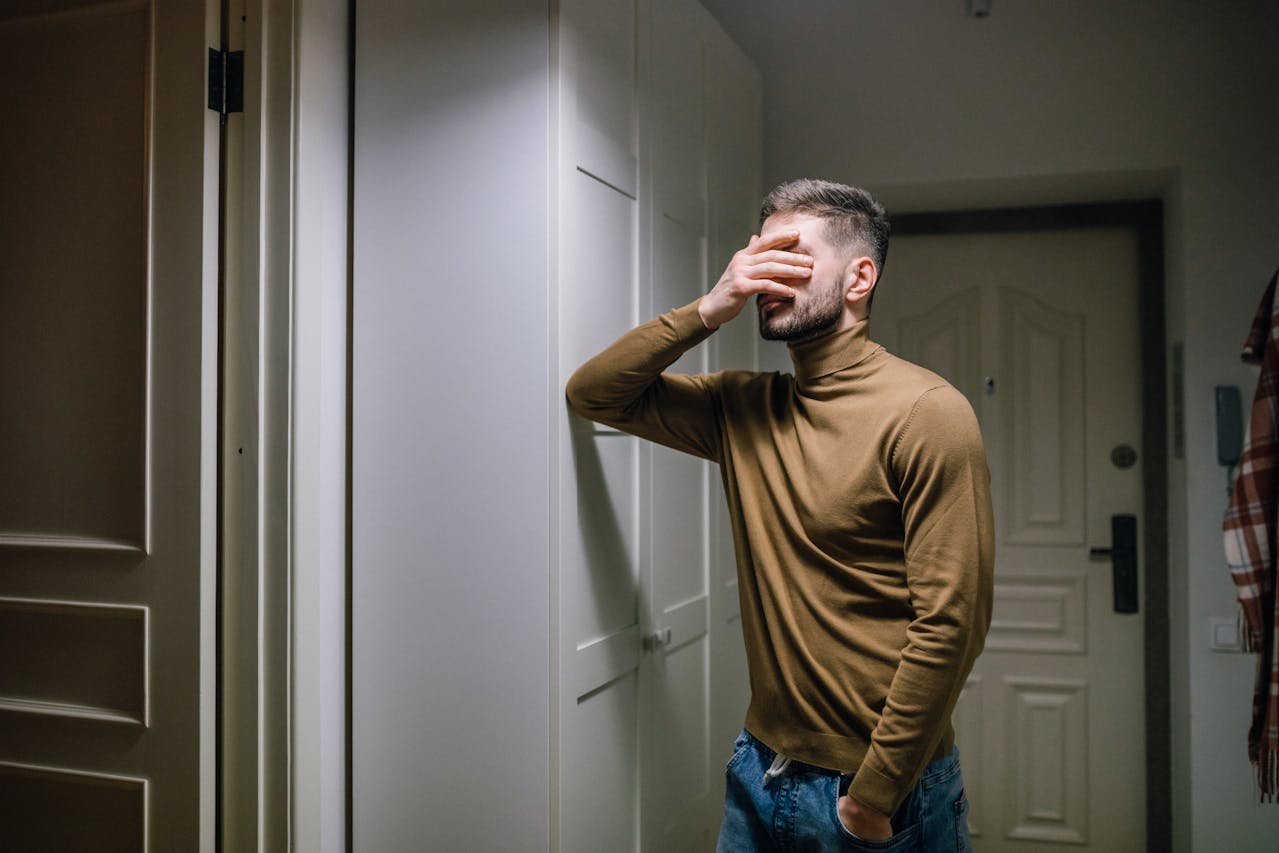 “I’m so OCD”. Joking about our own personal peccadillos, we sometimes toss this phrase around lightly. But for the 1 in 4o Americans who actually suffer from it, living with OCD, or Obsessive Compulsive Disorder, can be pretty unfunny.
“I’m so OCD”. Joking about our own personal peccadillos, we sometimes toss this phrase around lightly. But for the 1 in 4o Americans who actually suffer from it, living with OCD, or Obsessive Compulsive Disorder, can be pretty unfunny.
Recovery from OCD is possible, though for many, it’s not so easy. As a practicing therapist, I’ve been fortunate to help clients overcome OCD symptoms. And I also seen some people stay stuck.
Living With OCD? Here Are Some Tips.
First, Lean Into Anxiety.
When we feel anxious or scared, a natural response is to do what we can to get away from whatever it is that make us uncomfortable. We want to avoid things that “feel” risky.
But the problem comes when we over- rely on avoidance. For example, it’s probably a good idea to pay attention to your nervousness and avoid walking down a dark alley alone. But it’s likely going to backfire if you stop talking to your fellow students or coworkers because you feel shy, self conscious and are worried they will judge you.
If you avoid other people, you are never going to develop the ability to feel safe and comfortable around them. So too, in order to develop our coping capacity, we have to be willing to learn to tolerate, and manage the anxiety that comes from living with OCD.
Next, Straighten Your Mental Desk.
An OCD therapy client I worked with over 15 years ago gave me this phrase. It’s how he described the process he used to “get his head in the game”. This man had a background as a competitive athlete and he knew the importance if having the right mindset. He did something that I suggest you do.
Every day, find a way to take stock of your thinking. It’s easy to allow negative undermining beliefs to shape your course through life. For example, if you stick with the belief that your therapy is pointless nothing will help you, you are unlikely to get better. If you question this belief, then you stand a decent chance of recovering. Mindset is so important, that it’s a major component of both CBT and DBT Therapy. Both address what is called “therapy interfering beliefs and behaviors”.
Be Willing To Do Your OCD Therapy Homework.
Successful OCD Therapy is likely to require some kind of homework. While your OCD therapist might assist you with in- session exercises, he is likely to assign you homework to help support momentum. A good therapist will help with the process of finding OCD homework that will be at the right challenge level for you. It’s important to use “The Goldilocks Principle” and do homework that is not too easy, and not too hard.
Emphasise the Compulsion Part Of OCD
Behaviors become compulsive because they work to distract us from anxiety, or they help to extinguish it. For example, once, I worked with a woman who was terrified that germs would come into her home. She covered her carpets with paper and made her husband and children remove their clothes and wash thoroughly in their garage before entering the home.
Needless to say, her family filled most of their days with tears, begging, pleading, and arguments. Their suffering was enormous.
She was only open to “working on her OCD” once she knew she could trust them to comply 100%, for it was only then that she felt “she could relax and trust them”. Then, she believed, she would have enough bandwidth to commit to OCD treatment. But that day never came. It wasn’t ever possible to have a compliant enough family for her to feel safe from germs.
The moral of this story? If you wait till you feel good, you will never stop the compulsions.
When Living With OCD, OCD Therapy Is Crucial
The path to OCD recovery isn’t always straightforward. Full of twists and turns, it can be like taking a hike in a thick jungle. It’s hard to find your way out of OCD when your brain is continually sending you false alarms and telling you that you are in danger.
All of our minds provide us with a range of thoughts and images. If you are living with ODC, than it’s likely that you find some of these thoughts to be frightened. Your thoughts and beliefs can seem compellingly true when you feel anxious. You then also engage in some kind of ritual or compulsion in order to return to feeling calm. Learning to not take the mental thoughts and images so seriously is an important part of OCD recovery.
But recovery is absolutely possible. I’ve seen it in my therapy practice; people recover from OCD Just remember, it’s essential to have the right tools and the right guide.
To sum up, there are effective things that you can do to support your physical health. One of the most important tactics you can take is to learn to manage your stress and anxiety. To learn how I can help you with OCD and anxiety treatment, click here.





